Firstpost is convinced that Dismantling Global Hindutva (DGH), a three-day online conference (from Sept 10-12) planned by anonymous organisers in the US, is a partisan and politically-motivated event designed to malign an ancient religion and its adherents. Through columns and reported pieces, this Firstpost series exposes why such programmes are misleading, agenda-driven, and nothing but thinly-veiled Hinduphobia.
***
Twenty-five years ago, my foundation was funding numerous academic conferences and scholarships at major American universities on topics related to Indian civilisation. That is how I discovered serious biases against Hinduism - not mere acts of ignorance but also deliberate misrepresentations and outright lies intended to harm the tradition. Ganesha’s trunk was being taught as a symbol representing “the limp phallus”. The Bhagavad Gita, one of the most popular Hindu texts worldwide, was declared “a dishonest book”. Lord Rama was deemed a male chauvinist and Sita an abused wife. And so on.
As I researched more, I discovered that there was a systemic effort to build an entire ecosystem of scholars, funders and journals geared towards producing Hinduphobic scholarship. Harvard, Columbia, and the University of Chicago were among the main academic centres implicated. Thus, I switched from being the major funding source for Hinduism studies in the American academy to becoming a serious critic of the academic establishment. I wrote detailed rebuttals in blogs and books, and there were numerous conferences to raise awareness. The arrogant American academicians had never faced this systematic takedown from an Indian in recent times. Naturally, many fights ensued, including some ugly ones.
Since then, the problem has worsened. The number of Hinduphobics (as I have referred to them) has shot up across South Asian Studies on dozens of campuses, and collaborations established between white American scholars and their Indian “sepoys”, a term I have used to refer to the Indians who have sold out to serve the white scholars. There have been virtually no opportunities for both sides to engage in mutually respectful debates to resolve issues.
Hinduism has been portrayed as a human rights nightmare, the cause of every problem in India. The claims are extreme and not nuanced: women are abused specifically because of Hinduism. Caste problems and the plight of minority religions are entirely the fault of Hinduism. All gurus are quacks and abusive. Political leaders and public intellectuals who practise or express sympathy toward Hinduism are demonised. Attempts to reclaim Hindu heritage are viciously attacked. With the help of leftwing media, think tanks, and government policymakers in various countries, legislation and adverse campaigns have been launched against the core tenets and exemplars of Hinduism. Even the grammar of Sanskrit has been declared abusive in its very structure.
While support for my rejoinders was scanty in the early years, things have changed in recent times. Hundreds of social media channels and tens of thousands of Hindus in the individual capacity have started pushing back, and a countermovement of scholars, activists, media personalities and laypeople has started to emerge. Litigation is around the corner, and both sides engage in mudslinging.
It is against this background that the recent eruption between a cabal of academics and the Hindu public can be understood. The latest episode in this drama is that a junior and ambitious professor at Rutgers University, Audrey Truschke, announced a conference with the provocative title, “Dismantling Global Hindutva,” though she is not involved publicly in an official capacity. She has made a career based on picking fights with Hindus by insulting their deities and accusing them of killing Muslims, while closing ranks with Pakistanis and anti-India activists in India. For instance, she portrays Aurangzeb as one of the noblest and most benevolent rulers who helped Hindus, whereas Hindu kings are seen as abusive. Not too long ago, she and a group of South Asian scholars developed a “Hindutva Harassment Field Manual”, which quotes sources that have called for dismantling Hinduism, disparaged Hindu traditions, and declared Hinduism as equivalent to slavery.
The conference features mostly India-based sepoys well known for their hatred for Hinduism. None of them is a scholar of religious studies, much less of Hinduism. Interestingly, most of them are not even academicians because they do not have academic posts. They work as NGO activists and political operatives. Yet, the event is being portrayed as an “academic” conference.
The conference is deliberately timed to coincide with the 20th anniversary of the 11 September attacks by Islamist terrorists against the USA. The idea is to try and portray Hinduism as the same kind of violent religious ideology as that practised by the Taliban.
The most serious aspect is that the conference organisers claim it is being sponsored by approximately 40 American and Canadian universities. This turns it into a threat to the Hindu community far more serious than any attack by a few isolated individuals wanting to vent their personal gripes.
Rutgers University, where Truschke is employed, has upwards of 5,000 Indian students, one of the largest Indian student bodies in the country. Many of these students fear being branded as terrorists or extremists merely because of their faith. In an era where American universities pull out all the stops to protect students from aggressions, the Hindu students are left to fend for themselves in campus settings that are blatantly Hinduphobic.
The Indian student body forms a large tuition-paying clientele for American universities. In 2021 alone, there were over 55,000 F1 visas issued for students from India. These students are either paying a steep price for an undergraduate degree or putting in sweat labour as graduate students. In addition, there are the Indian-American students (NRIs) at the universities who also pay hefty undergraduate tuition. Universities will have to proactively distance themselves from such conferences.
Naturally, this direct insult has mobilised the Hindu community worldwide. Donors who give millions of dollars to American universities have made phone calls expressing their concerns over this hate speech. Hindu students and their parents have woken up. Many petitions, campaigns and social media discussions have brought together tens of thousands of Hindus, many of whom had no prior knowledge of Hinduphobia. Ironically, this has brought Hindus closer far more effectively than all my efforts over the past nearly 30 years.
The rapid response by Hindus has produced results. Stanford University distanced itself from the event, issuing a notice saying “the University is not a co-sponsor of this event, nor supports it”. The following day, the University of Illinois at Urbana-Champaign announced, “Opinions or actions by individual faculty members or academic units do not represent the University of Illinois Urbana-Champaign.” A trustee of Rice University told me that the university was approached for support, but it declined. I was contacted by two university presidents wanting my input, and it appears they were upset that no due process had been followed before using their universities’ names. Clearly, they were upset at being dragged into the dirty politics in the guise of academic freedom. Many also worry about being implicated in lawsuits that are likely to follow against the organisers of the conference.
One duplicitous professor claiming to speak for Hinduism, while in reality undermining its credibility, is Anantanand Rambachan of St Olaf College, a college run by the Lutheran Church. His defence of the conference is based on his attempt to separate the term “Hindutva” from Hinduism, and to argue that the attack on Hindutva is not an attack on Hinduism. But this logic is seriously flawed. The term “Hindutva” is used to criticise all aspects of Hinduism, while claiming to be different from Hinduism. In the eyes of the public and the American media and policymakers being targeted, any distinction between these terms is blurry. Furthermore, the speakers being featured are well-known Hinduphobics with a history of making highly toxic statements against the Hindu faith practised by a billion people.
Also Read
‘Some varsity logos used without permission’: Hindu groups in US hit out at ‘Dismantling Global Hindutva’ organisers Opinion | Why ‘Dismantling Global Hindutva’ is a xenophobic event with lies at its core Opinion | ‘Dismantling Global Hindutva’ event a thinly veiled attempt to dismantle HinduismAlthough, this initiative has united Hindus globally, a lot remains to be done. Hindu watchdog groups need to be set up and work together with advocacy groups on a regular basis. Our globe-trotting gurus need to show leadership by making statements condemning such efforts. The external affairs ministry, ICCR and the Nehru cultural centres should put out strong statements denouncing such hate-based initiatives. Hindu business leaders who have strong connections with academia need to openly denounce such conferences, which have little to do with academia and more to do with politics.
Personally, I support freedom of speech and academic freedom, including the right to criticise any religion. But a level playing field requires that all faiths must be treated with equal intensity. One does not find similar kinds of academic assaults against Islam, for instance. In fact, the leftist-dominated humanities and social sciences on campuses go out of their way to protect Islam and condemn any criticism as Islamophobia. Moreover, academic freedom is purely one-sided, and contrarian views are not entertained by academia. I have personally invited many Hinduphobic academics for debates to no avail.
The Indian speakers involved in the conference have a track record of attacking American imperialism and capitalism and openly supporting violent armed struggles. But, when it comes to “dismantling” the majority faith of Indians, they bow before a junior white American scholar and her cabal and dish out the fabricated materials against their own heritage.
One is reminded that once upon a time, Indians used to go to their British rulers asking for help to settle scores against each other. We know what that led to. Now it is the Americans being hoisted by Indians as the new authority that should adjudicate infighting among Indian political camps and provide a theatre to play out the Hinduphobia.
The author is a researcher, writer, speaker and public intellectual on current affairs as they relate to civilizations, cross-cultural encounters, religion and science. Views expresser are personal


)




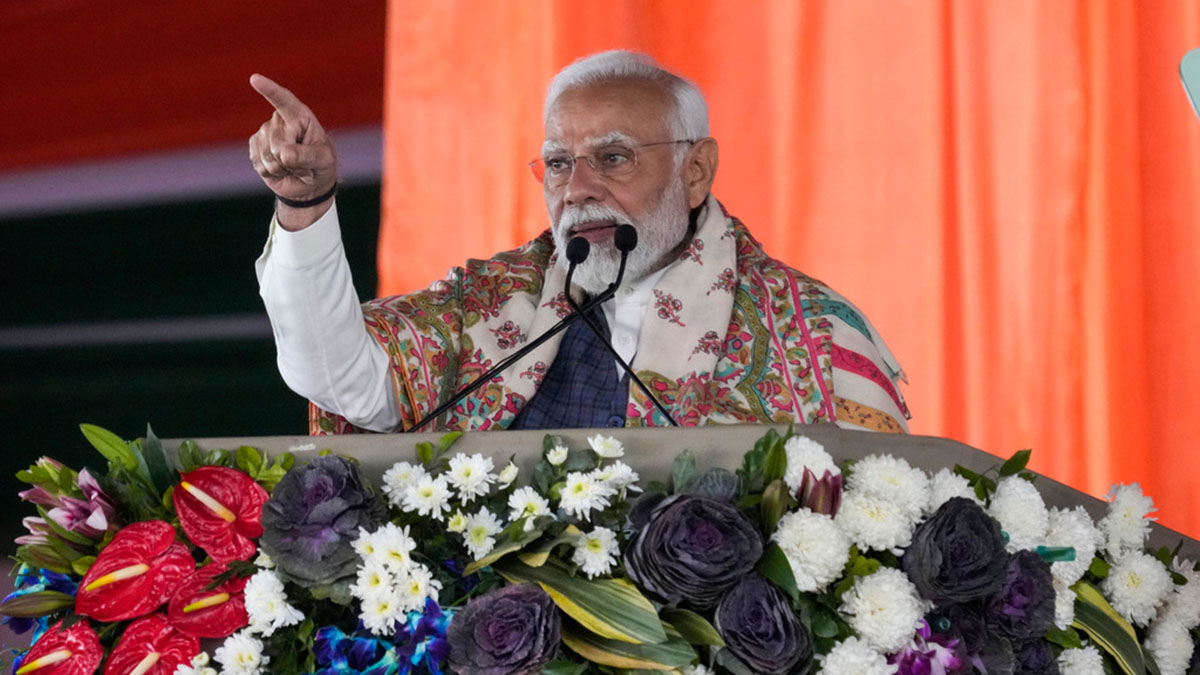)
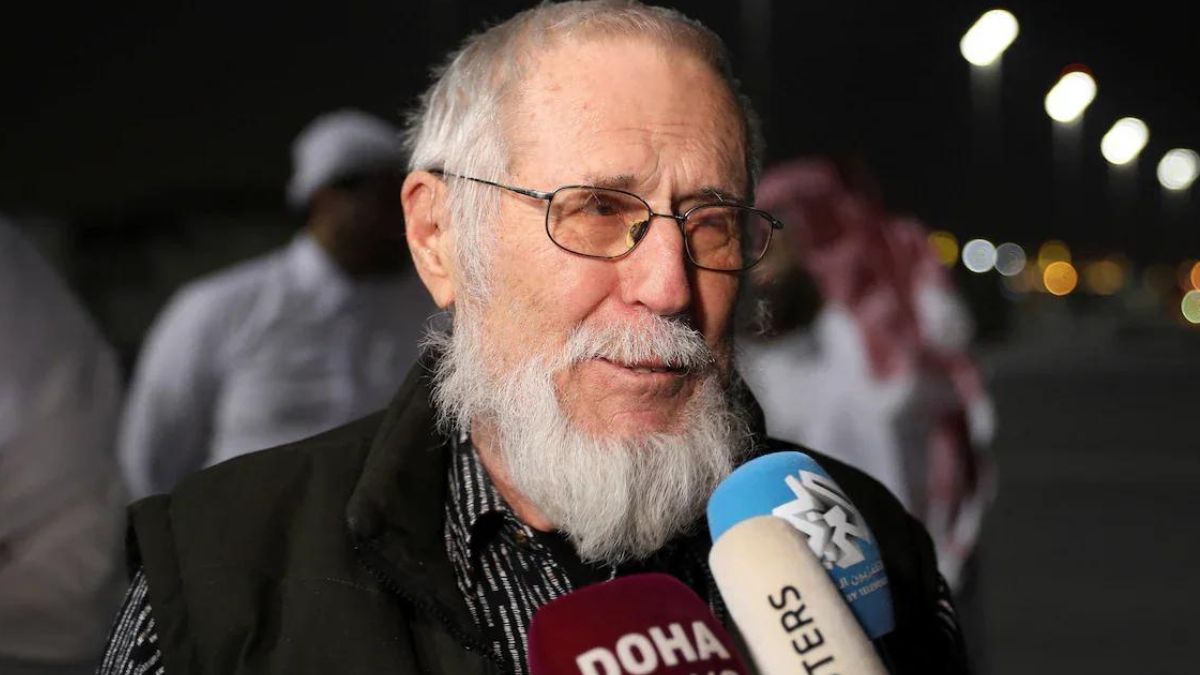)
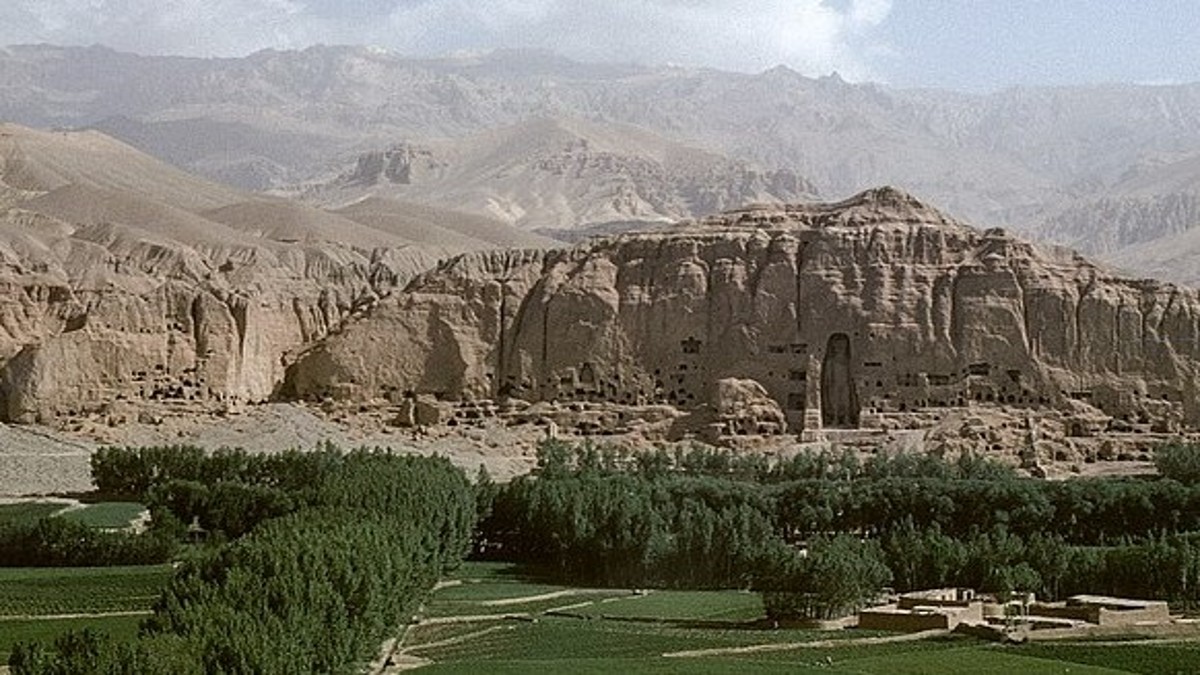)
)
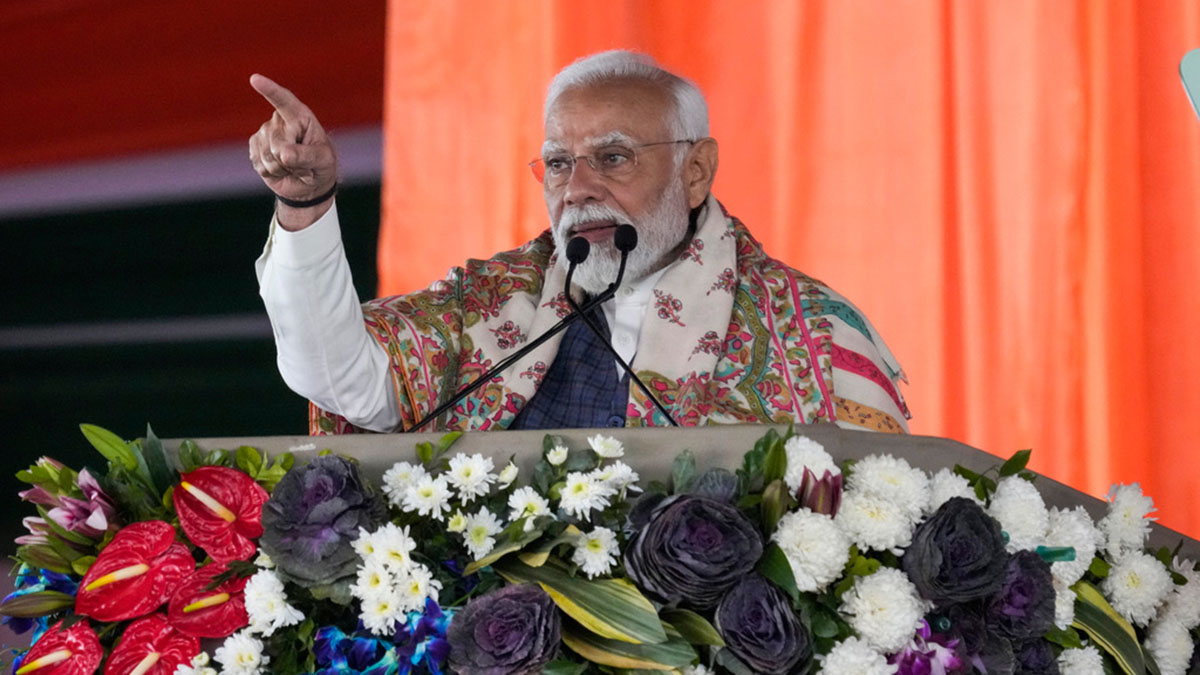)
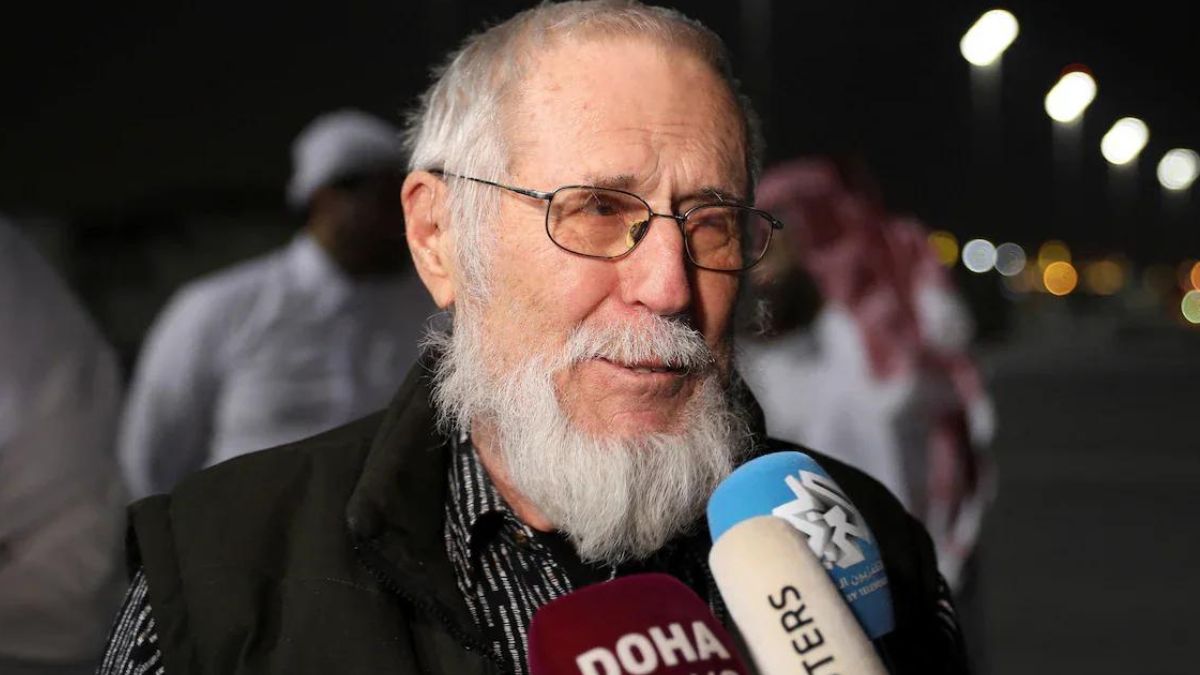)
)
)